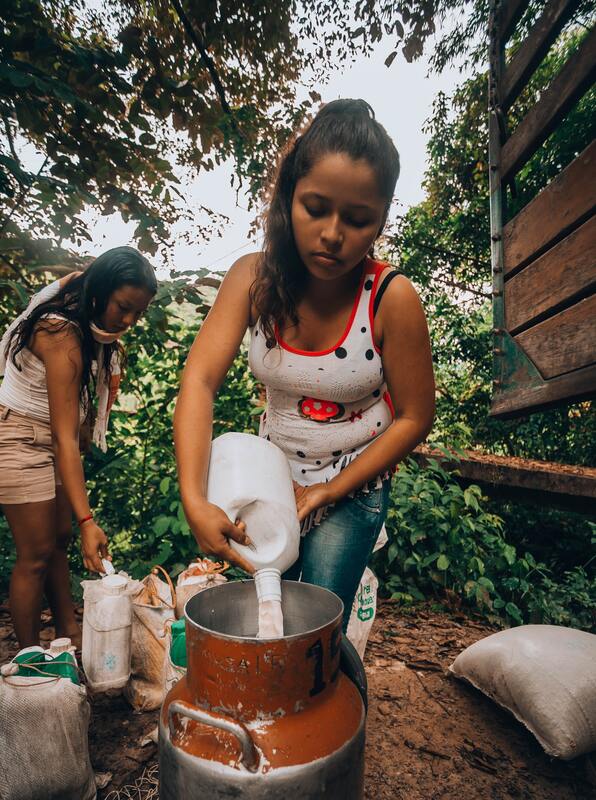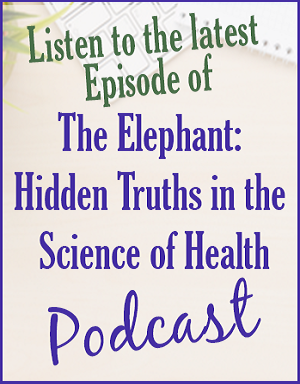Larry A. Law
Synthetic Biology
This new technology is being applied to the food industry. Besides synthetic biology, it goes by many other names including gene edited fermentation and precision fermentation products. All fermented synthetic biology products start with cheap sugars derived from GMO corn and soy. Typically, tons of herbicide like glyphosate and synthetic fertilizers add to the chemicals residing in the final product. Hundreds of other ingredients can be added to the ferment to produce the desired protein level, color, or flavor designed into the end product. The microorganism most often utilized in the fermentation process is the bacterium E.coli. The E.coli is gene-edited to produce the desired compound through its digestive process. It also needs to be antibiotic-resistant, since it needs to survive the antibiotics used to kill off other undesirable organism in the vat. In addition to this questionable engineering of our new food production system, there are risks that any gene-edited organism may also spit out any number of non-targeted metabolites (dormant viruses, etc.) that have completely unknown environmental and health effects.
Biowaste Dangers
It takes anywhere from 24 hours to hundreds of hours for the ingredients in the fermentation bioreactor to meld. Temperatures are at least 90 degrees Fahrenheit. The ferment consumes the nutrients needed and what is left over is hazardous biowaste. With traditional fermentation like that used in making beer, the waste products are suitable as animal feed and can be composted with no hint of toxic hazard. A GMO synthetic biology ferment is not the same. The biowaste must be deactivated and then disposed of securely. It cannot go into a landfill. These GMO organisms have never existed on planet earth before and the unintentional release of these organisms into the environment could be deadly.
Justification for Fake Foods
The justification for using synthetic biology to create food, including milk substitutes, is to prevent and reverse climate change. If you have questions on the twisted logic of the green revolution, I recommend reading the book, Fossil Future—Why Global Human Flourishing Requires More Oil, Coal, and Natural Gas—Not Less by Alex Epstein. However, replacing the natural animal products and other food staples with lab-grown alternatives will be catastrophic. Lab-made foods are junk foods. They are ultraprocessed. Corporate investors are attempting to eliminate traditional, conventional farming methods and replace them with synthetic, patented reproductions. A 2018 report released by Friends of the Earth (FOE), a grassroots environmental group, stressed the highly processed nature of these products: "Various 'processings aids' are employed to make some of these products, including organisms (like genetically engineered bacteria, yeast, and algae) that produce proteins, and chemicals to extract proteins. For example, chemicals like hexane are used to extract components of a food, like proteins (from peas, soy, corn, etc.) or compounds (from genetically engineered bacteria) to make xanthan gum...disclosure of these ingredients is not required. Other processing aids (e.g. bacteria, yeast, algae), including those that are genetically engineered to produce proteins, are also not currently required to be disclosed on package labeling. The lack of transparency makes it difficult to assess the inputs and impact of their use."
Fake meat and dairy cannot replace the complex mix of nutrients found in grass-fed beef and dairy. It is very likely that consuming ultraprocessed meat and milk alternatives will lead to as many or more health issues caused by a traditional processed food diet. It seems prudent to skip the pseudofoods that require patents to grow and stick to what Mother Nature provides free of charge.
0 Comments
Leave a Reply. |
BlogArchives
July 2024
Categories
All
|
© Angie's Option GRM. All rights reserved.








 RSS Feed
RSS Feed

